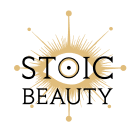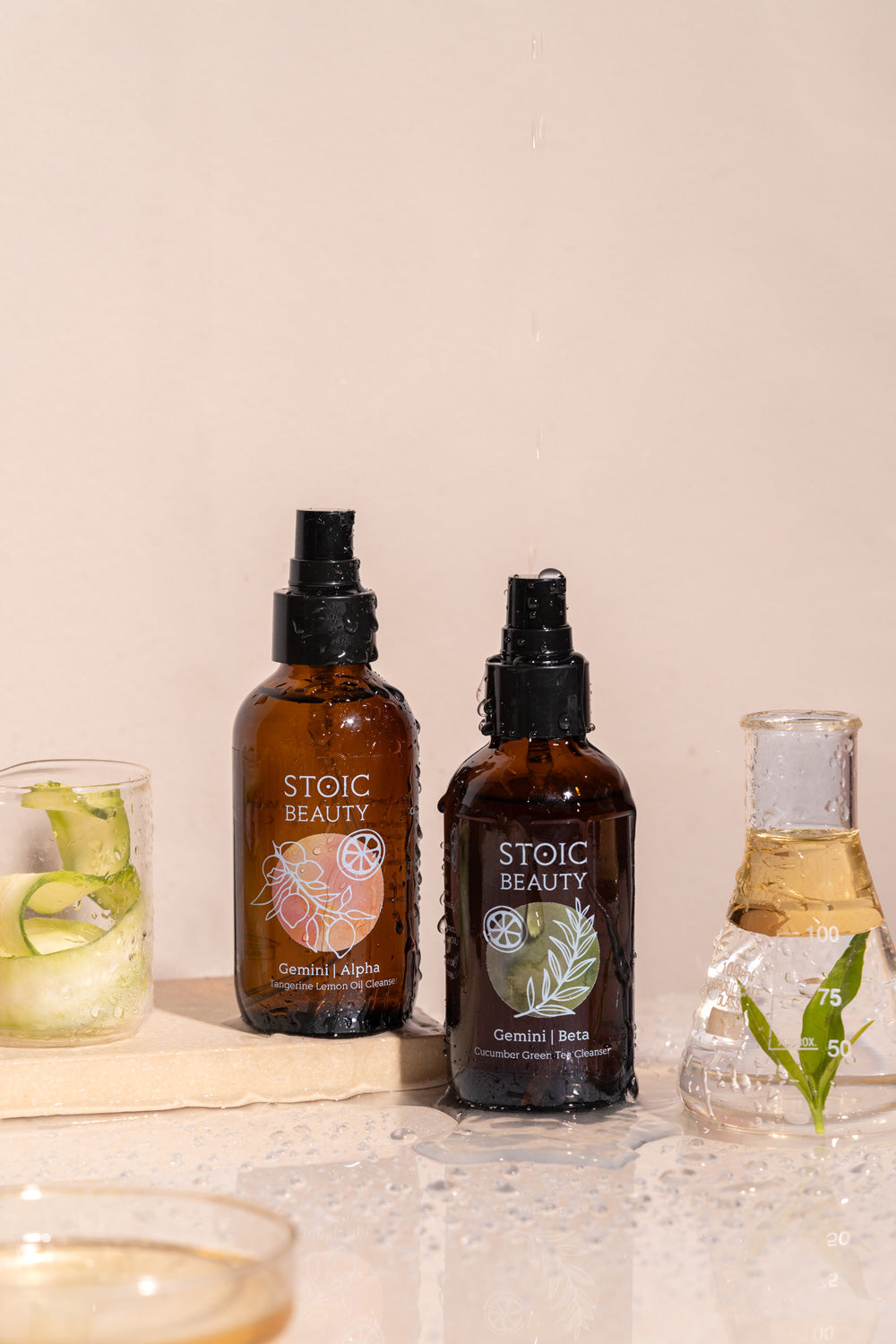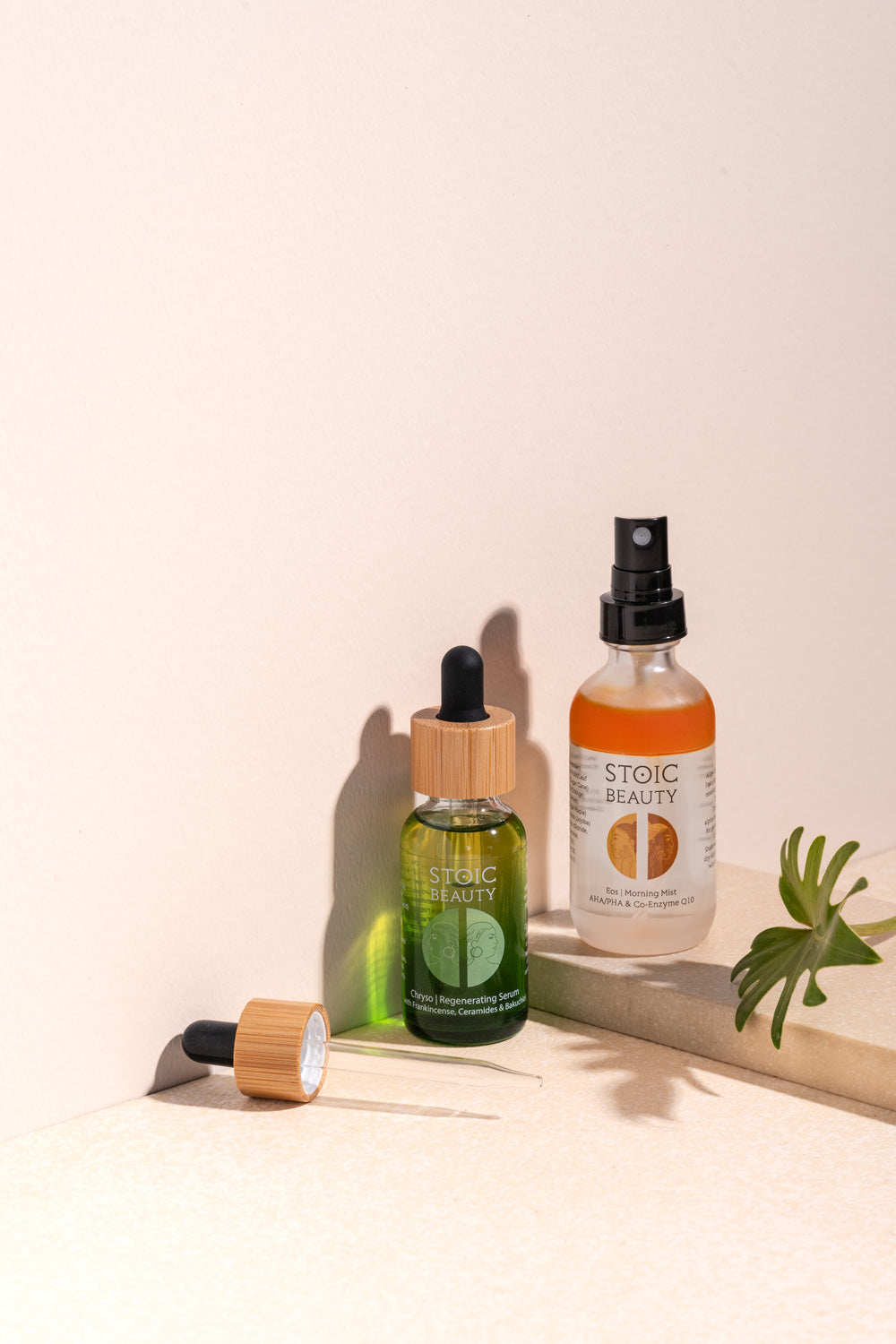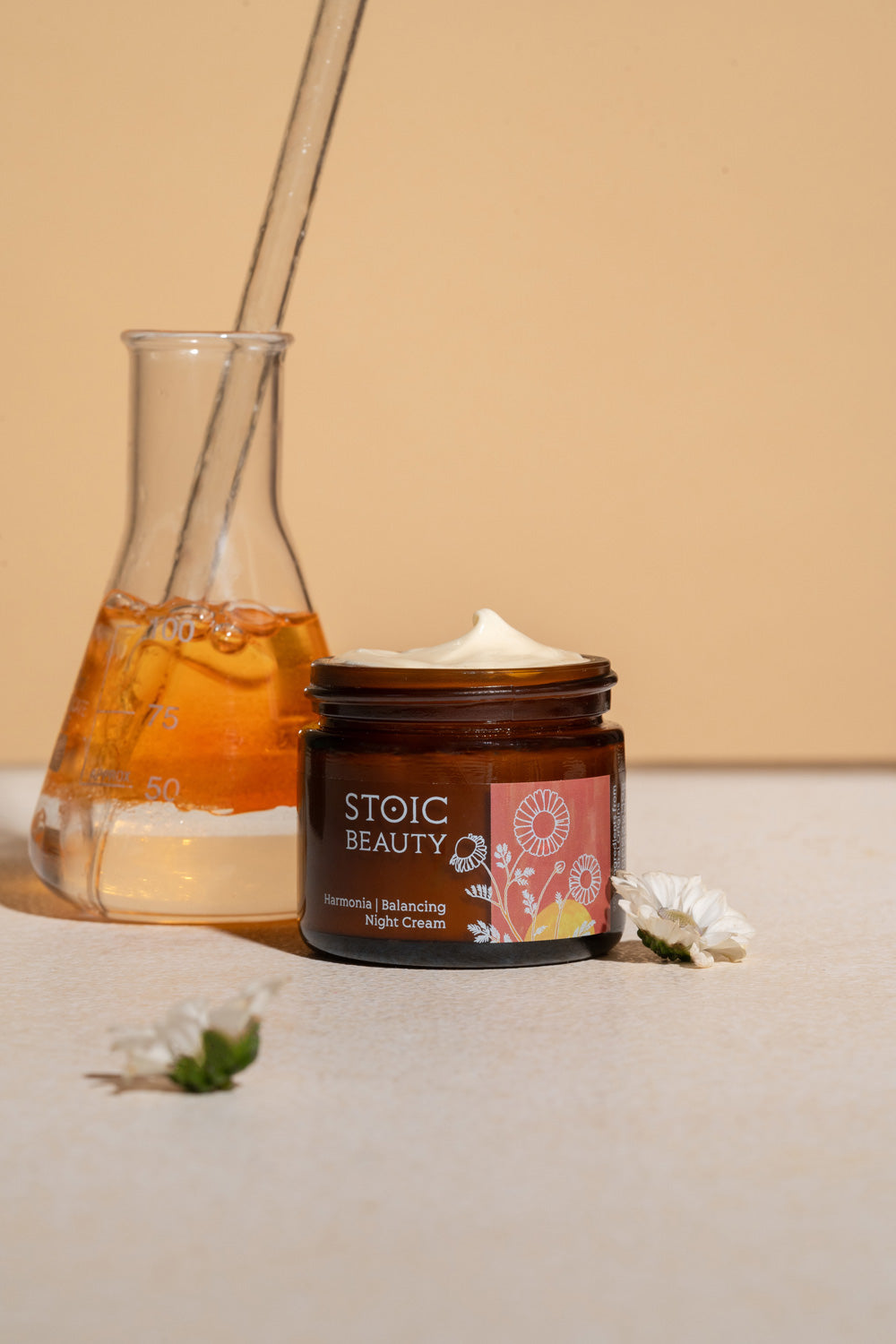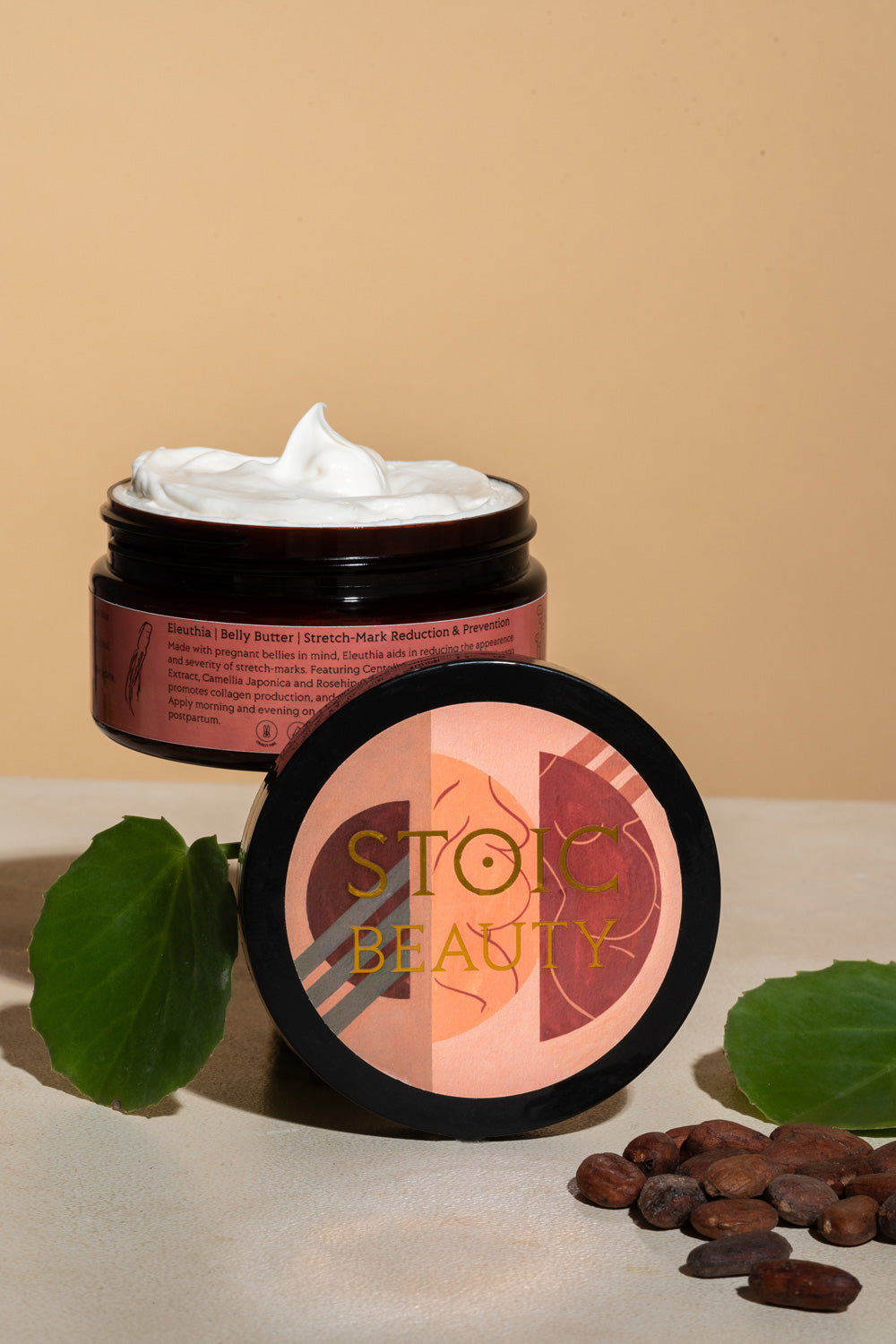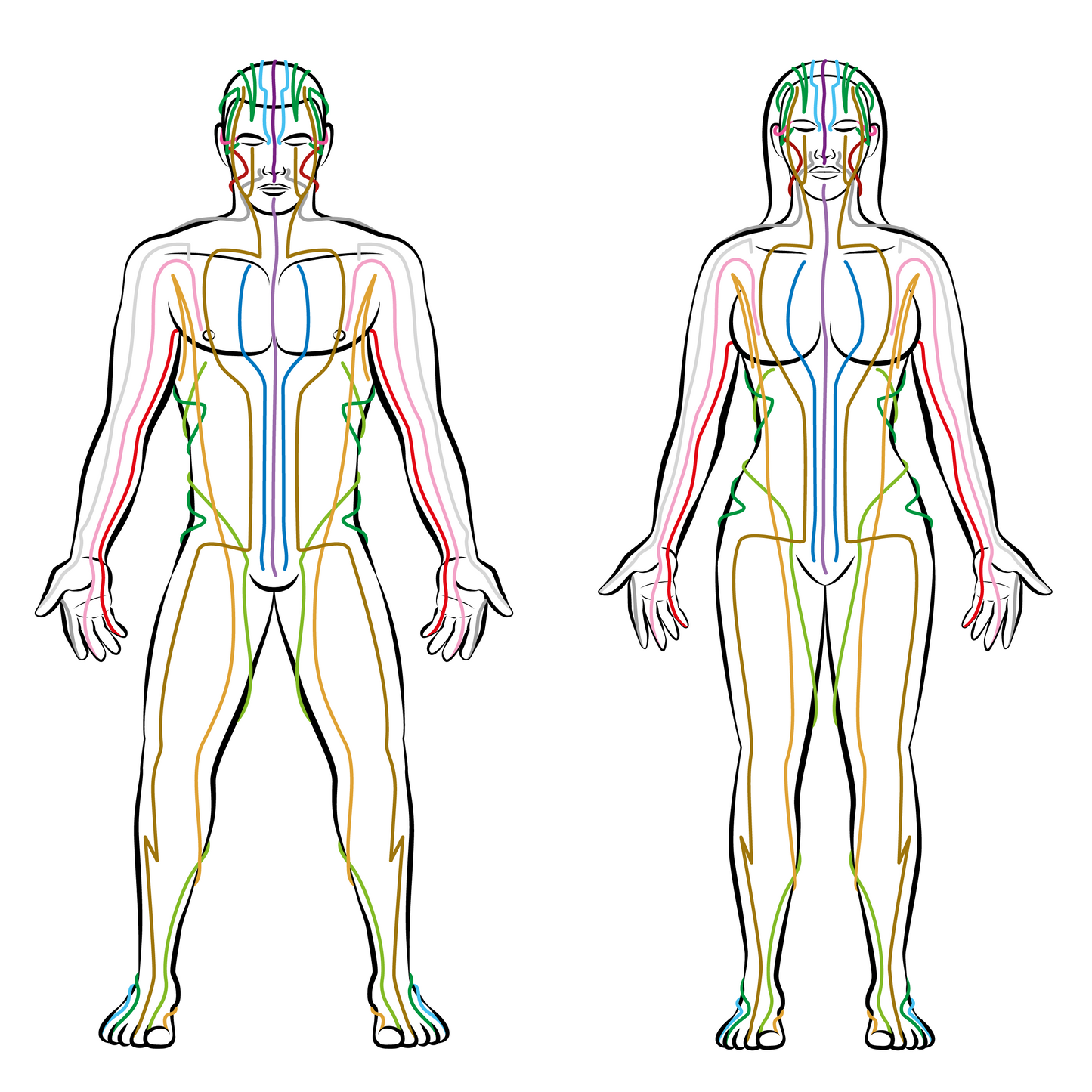
by Chi Ling Chan
| Part 2 of a 5-part series exploring Traditional Chinese Medicine |
As Western society begins to understand how health and wellbeing is a multilayered process of integrating our physical, emotionally, mental, social, and spiritual aspects in a holistic way, many traditional practices from various cultures are being recognized for their effectiveness to enhance our wellbeing.
In the Beginning, there was Yin and Yang

Traditional Chinese Medicine (TCM) has its origins from over 2000 years ago. The founders of TCM, to which there are many, recognized that all beings of existence were interconnected with each other as well as with the environment and the universe. One of core principles of TCM is the theory of the yin and yang (pronounced “young”). The yin and yang theory is a rather in-depth study that one can spend an entire lifetime trying to master. Here we will scratch only the surface, covering the basics to begin a journey of learning.
Everything in the universe is made up of energy including our bodies. Our bodies comprise of two core energies, known as the yin and yang, which is in a perpetual motion of exchanges and that seek equilibrium. If there is an imbalance of yin and yang energies within the body, there will likely be some kind of dysfunction or ailment in the body as well. Vice versa, if there are ailments or sickness within the systems of the body, there is likely an imbalance of the yin and yang energies. To restore health is simply to restore balance. We will go more in depth regarding the various types of yin and yang relationships perhaps in another article.
The various practices of TCM include acupuncture, cupping, tui na, moxibustion, gua sha, and herbology. In this article, we will continue to explore the usage of Gua Sha. Gua sha is a simple but effective method of regulating the body’s qi (pronounced “chi”) flow and blood circulation. Traditionally, it is common to use tools such as a ceramic spoon, a coin, the lid of a jar, or anything with a smooth round edge to perform gua sha. Modern practice makes use of gua sha tools which can be made from jade, stone or water buffalo horn.
What Are Channels and Collaterals of the Body?

Gua sha stretches the tissues and dredges the meridians. So what are meridians (aka channels)? According to Chinese medicine, the meridians and collaterals are the pathways where the qi and blood flow and circulate. There are 12 main channels and each channel relate to one of the main organs in the body. These channels run up and down the body both front and back, while the collaterals are the branches of these meridians. The 12 main channels are connected to the organs internally while also extending out to the joints, limbs and other more superficial parts externally. As these meridians and collaterals circulate the qi and blood throughout the body, it nourishes the organs, bones, muscles, tendons, and skin. It goes without saying that when these channels and collaterals are blocked or deficient, an imbalance arises that can cause various dysfunctions in the body. Essentially, Chinese medicine is about restoring the balance of yin and yang as well as promoting the smooth flow of qi and blood in the channels and collaterals of the body.
How Does Gua Sha Clear Heat?
Blood and qi can easily become stagnated for a variety of reasons. In certain areas of China, the weather can become very hot and it is easy for one to become overheated. Gua sha is commonly used to clear overheating of the body. According to Chinese medicine, the external environment can potentially contain various pathogenic factors that may enter the skin and disturb the qi and blood flow of the body. For example, external pathogenic factors may include wind, dampness, cold, or heat that can easily enter through the surface, especially if the wei qi (pronounced “way-chi”) is weak or deficient. Gua sha has been known to clear heat and reduce fever or inflammation. The heat from the environment in the summer can easily become lodged in the body causing headaches or dizziness, or tightness in the areas of the neck and shoulders. Gua sha can be very effective in releasing the heat that’s trapped on the surface area of the body. To release heat, it is common to scrape areas of the back of the neck, the shoulders, the back and the outside part of the arms. These areas are most exposed to the external environment and therefore they are also the areas that are most susceptible to be invaded by external factors such as heat.

Where there is stagnation, there is pain. When qi and blood stagnate, it can often create heat as well as pain. When the qi and blood are able to flow more smoothly after performing gua sha, the pain in the area can be alleviated and the heat released from the body. By promoting the qi and blood to flow more smoothly, gua sha can help alleviate pain, boost the immune system, and restore regular functions of the body. Gua sha can also relax the body by smoothing out the qi and blood circulation. By stroking the gua sha tool over the skin, this allows the qi underneath the skin to flow. When the qi flows, the blood will also circulate, thus the blood will flow more easily to nourish various parts of the body and maintain balance.
If you are ready to add Gua sha to your wellness routine, Stoic Beauty's Jade Gua sha tools and Ousia Body Oil are a great way to begin your exploration journey.
Medical disclaimer
The information is for your general use, so be sure to talk to a qualified healthcare professional before making medical decisions or if you have questions about your health.
This content is not intended to be a substitute for professional medical advice, diagnosis, or treatment. The information should not be used in place of the advice of your physician or other qualified health care provider. Seek the advice of your physician or other qualified health provider with any questions you may have regarding a medical condition. Never disregard professional medical advice or delay in seeking it because of something you have read on this website.
